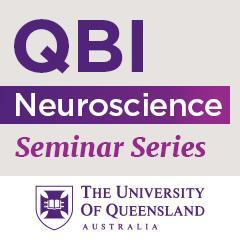Encoding and storing experience in hippocampal-cortical networks
Speaker
Dr Jai Yu, Howard Hughes Medical Institute, Department of Physiology, University of California, San Francisco, USA
Abstract
While ongoing experience proceeds continuously, memories of past experience are often recalled as episodes with defined beginnings and ends. The neural mechanisms that transform the stream of neural activity patterns representing ongoing experience into discrete episodes are unknown. To investigate these mechanisms, we recorded neural activity in the hippocampus and prefrontal cortex, both of which are critical for memory processes. We show that during spatial navigation, hippocampal CA1 place cells maintain a continuous spatial representation across different states of motion (movement and immobility). In contrast, during sharp-wave ripples, when stored representations of experience are transiently expressed, movement and immobility-associated activity patterns are most often reactivated separately. Moreover, hippocampal reactivations of movement or immobility experiences are accompanied by distinct patterns of modulation in prefrontal cortex. These findings demonstrate a continuous representation of experience can be separated into independently reactivated memory representations across the hippocampal-cortical network.
About Neuroscience Seminars
Neuroscience seminars at the QBI play a major role in the advancement of neuroscience in the Asia-Pacific region. The primary goal of these seminars is to promote excellence in neuroscience through the exchange of ideas, establishing new collaborations and augmenting partnerships already in place.
Seminars in the QBI Auditorium on Level 7 are held on Wednesdays at 12-1pm, which are sometimes simulcast on Zoom (with approval from the speaker). We also occassionally hold seminars from international speakers via Zoom. The days and times of these seminars will vary depending on the time zone of the speaker. Please see each seminar listed below for details.



